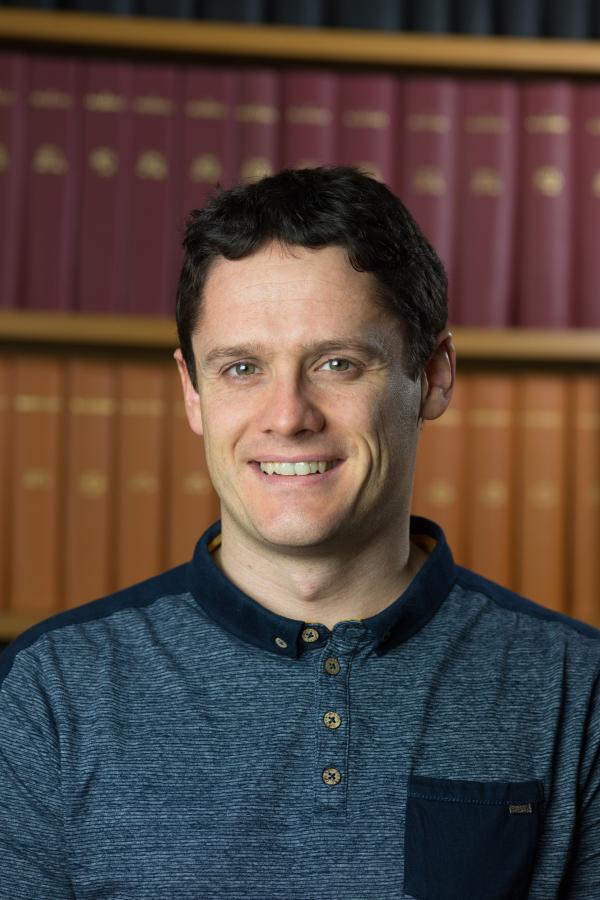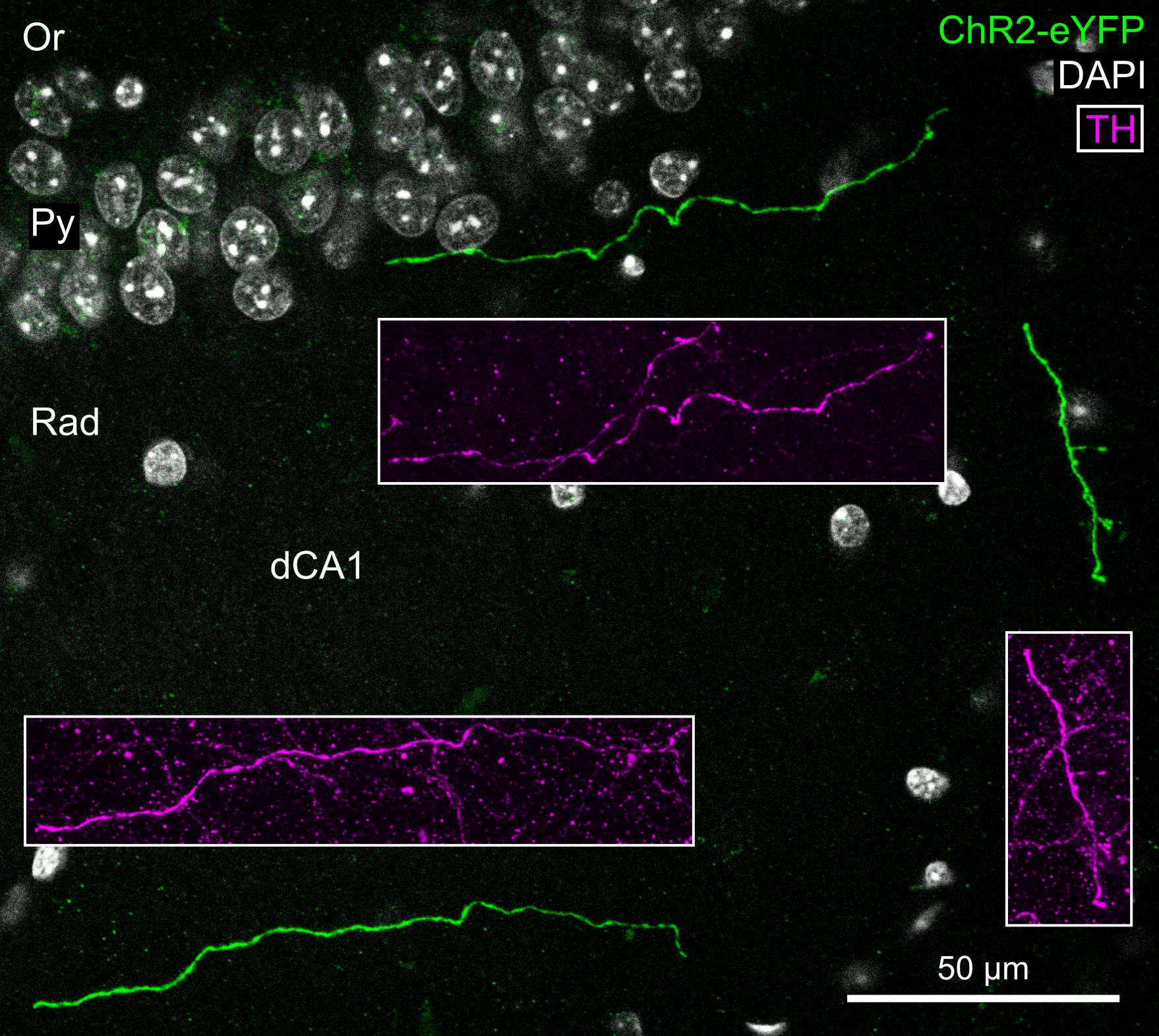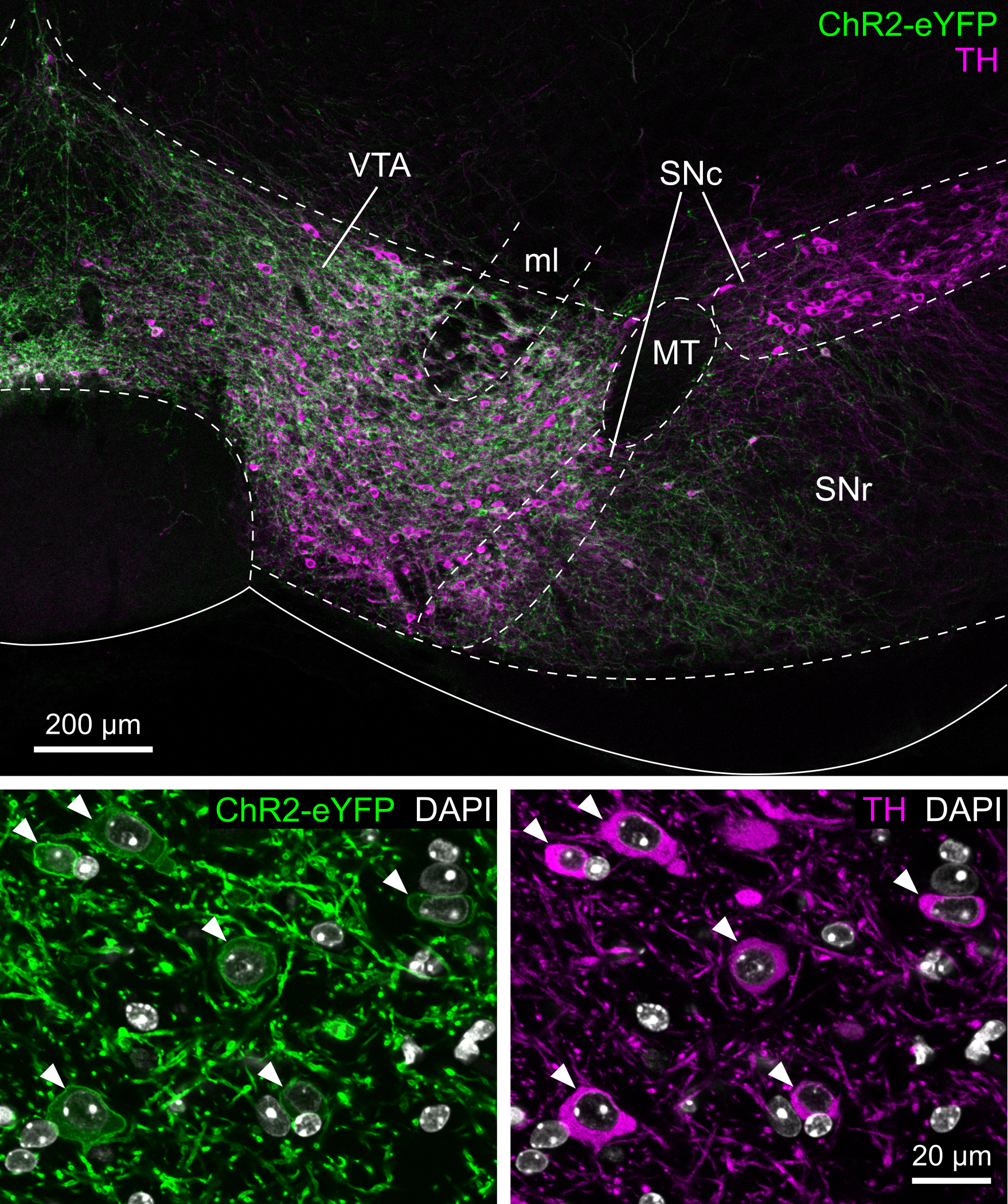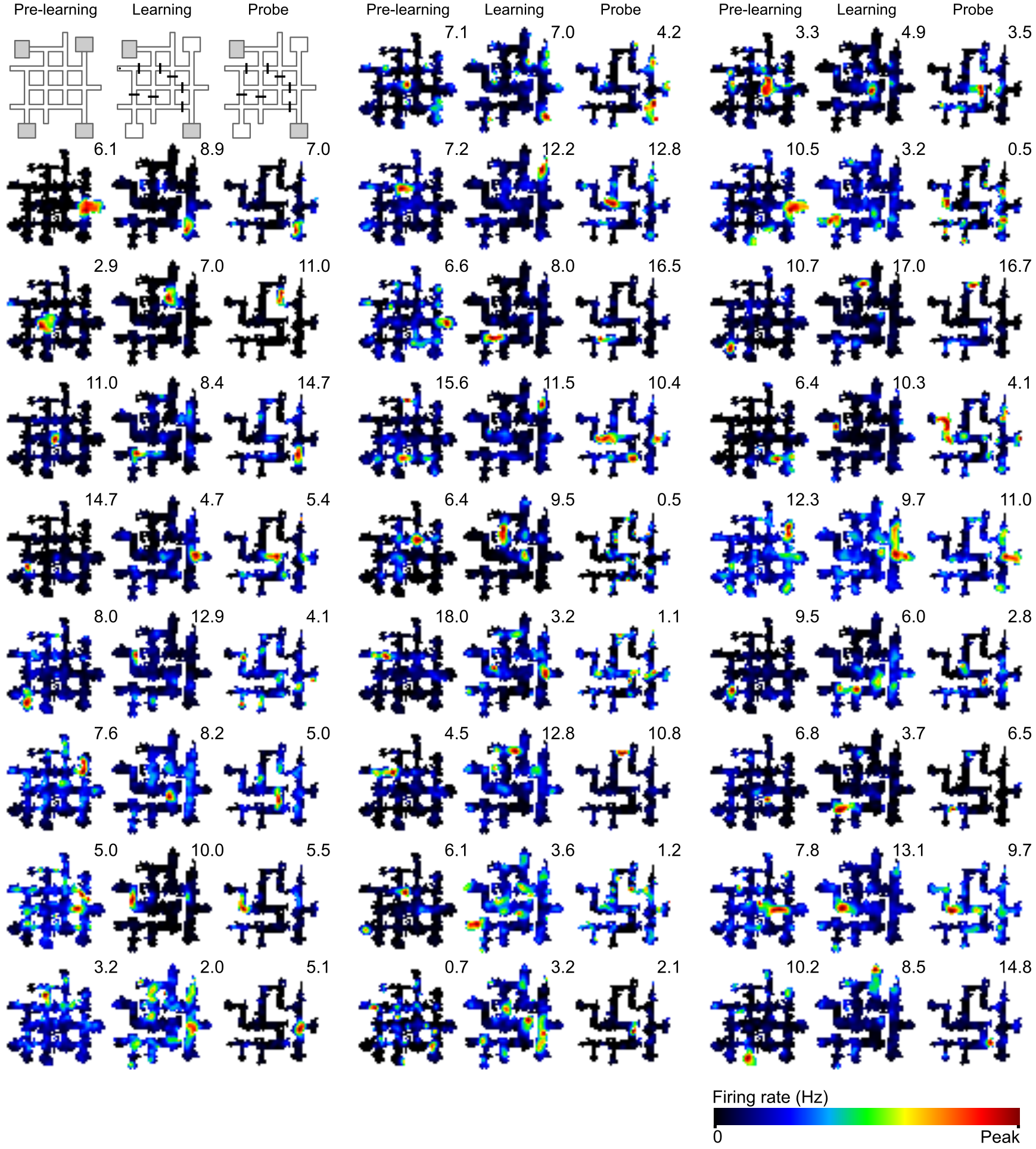Dr Colin McNamara

Dr Colin McNamara
Colin’s research interests are multidisciplinary spanning Neuroscience and Engineering. He focuses on understanding normal brain function through analysis of brain activity coupled with behavioural quantification and he develops closed-loop brain machine interfaces to interact with ongoing brain activity in real-time. By exploiting the fundamental understanding gained using these methods and electronic systems, he also seeks to develop treatment approaches to correct pathophysiological activity associated with specific brain disorders and psychiatric conditions.
Colin studied Computer Engineering (BEng Hons) at the University of Limerick and after graduation, worked for four years as a software and hardware development engineer for the integrated-circuit company Analog Devices. He then gained an MSc in Neuroscience at the University of Oxford, before commencing his doctoral studies in the Dupret Group. His doctoral research showed how the brain's reward system can influence memory related to novel experiences. He found that activating midbrain dopaminergic neurons enhanced subsequent hippocampal reactivation and spatial memory persistence. Colin was awarded a Sir Henry Wellcome Postdoctoral Fellowship by Wellcome in 2018. He completed the fellowship in the Sharott Group where he focused on investigating the role of rhythmic activity in the brain and developing technology to interact with it. Using an approach he developed (patent pending), he was able to amplify or suppress ongoing brain oscillations in real-time and he showed that the manipulation was functionally relevant as it altered behaviour. Colin next moved to University College Cork where he continues to engineer approaches to understand how brain activity supports learning and memory to drive our actions and continues to collaborate with the MRC Brain Network Dynamics Unit. As part of APC Microbiome Ireland, he is additionally investigating mechanisms of vagus nerve mediated gut microbiota influence on such brain activity.


